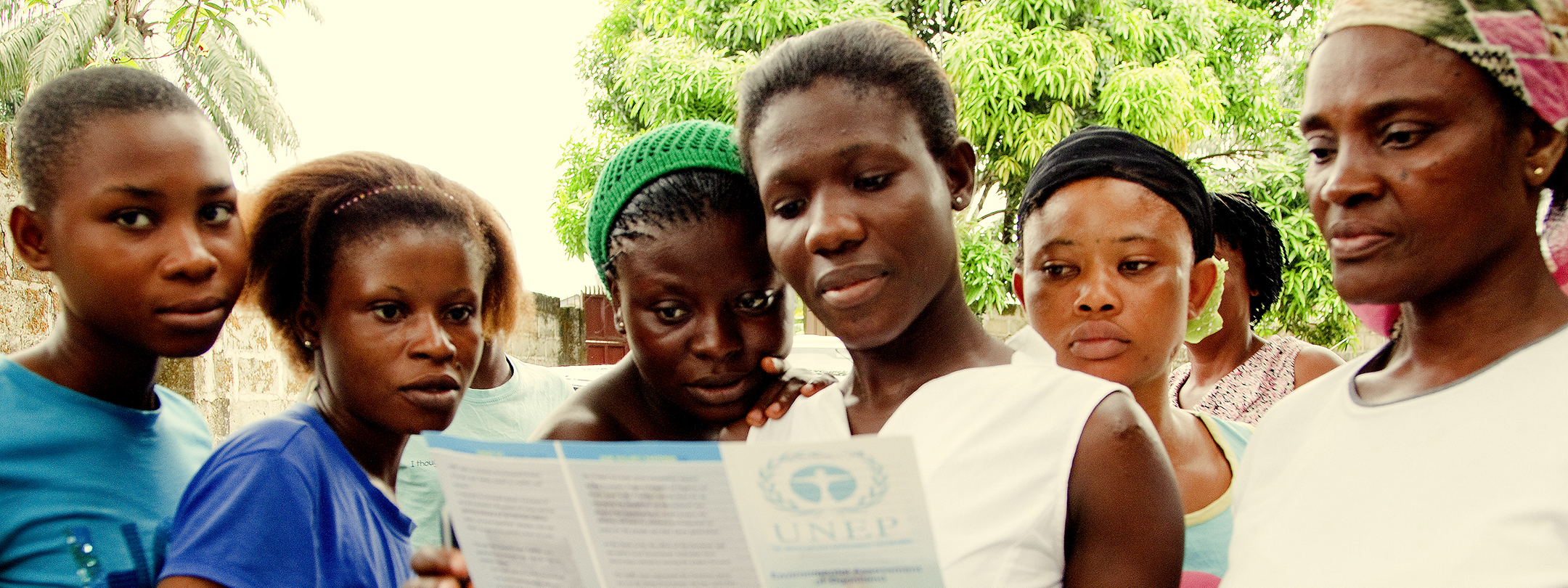Decoupling Local Ownership? The Lost Opportunities for Grassroots Women’s Involvement in Liberian Peacebuilding
Publisher: Cooperation and Conflict
Author(s): Theodora-Ismene Gizelis and Jonathan Joseph
Date: 2016
Topics: Conflict Causes, Cooperation, Gender, Monitoring and Evaluation, Programming
Countries: Liberia
Civil society organizations and grassroots groups are often unable to play an active role in postconflict reconstruction and peacebuilding. A possible explanation for the observed challenges in peacebuilding is the gap or decoupling between international expectations and norms from practical action, local norms and capacities. External actors are often overly instrumental and operate according to a general template that fails to start from what the local capacities might actually be. This often leads to the decoupling of general values from practical action, which helps account for the observed barriers of engaging local civil and community organizations in reconstruction. We examine the different types of decoupling and the challenges these present. We evaluate our general theoretical argument using evidence based on the experiences of Liberian women’s civil society organizations. Given the compliance of the Liberian government with international norms, we should expect external actors to have an easier task in incorporating civil society and women’s organizations in the post-conflict reconstruction process; yet, the record appears to be the opposite. While we present the ‘tragic’ aspect of this relationship between international norms and local practice, we also suggest opportunities for ‘hybrid’ alternatives.
